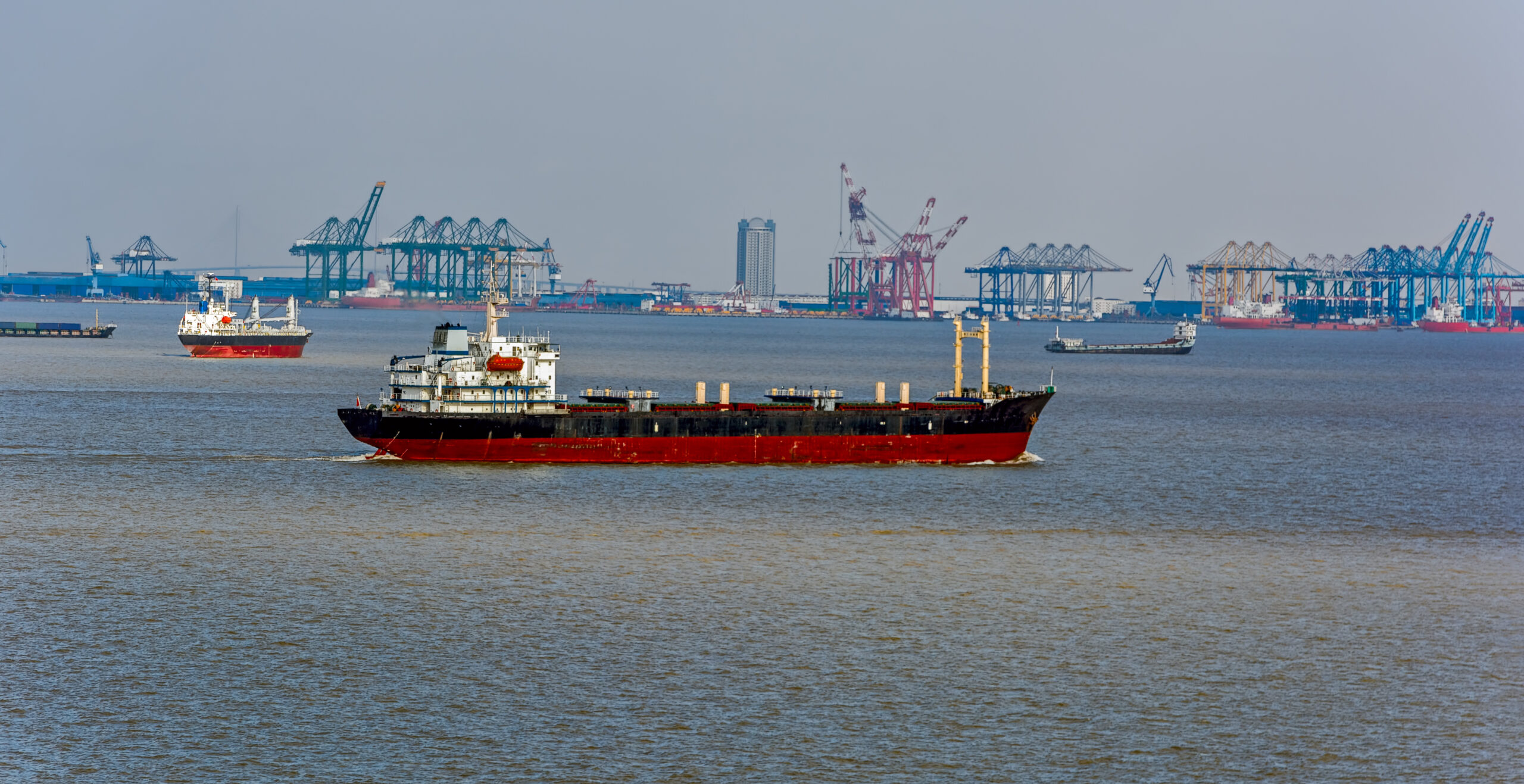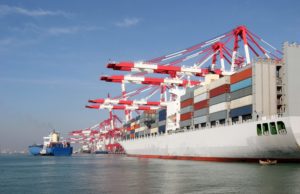Canada has decided to slap a 100% surtax on Chinese-made electric vehicles. The Canadian Marine Industries and Shipbuilding Association (CMISA) is calling now for the same treatment to be extended to Chinese-built ships.
It says that this bold action to impose a 100% surtax on Chinese-built EVs underscores the importance of protecting Canadian industries and national security.
“However, the same decisive measures must be extended to Chinese-built ships, which present an even greater strategic and ethical threat,” says Colin Cooke president and CEO, Canadian Marine Industries and Shipbuilding Association (CMISA).
The CMISA calls for ‘immediate and decisive action’ and recommends the imposition of a 100% surtax on all Chinese-built ships imported into Canada.
“It is imperative that the government takes these steps to protect Canadian industries, uphold national security, and ensure that our economic policies are consistent with our commitment to human rights and ethical business practices,” Cooke wrote in a statement.
CMISA emphasises the fact that Canada has an exceptional workforce and strong companies who are ready and capable of building high-quality ships for Canadians.
“We owe it to Canadians to ensure that our critical infrastructure is built and maintained domestically, especially in light of the issues that global supply chains have been facing of late,” Colin Cooke says.
“China’s shipbuilding industry operates under the doctrine of Civil-Military Fusion whereby commercial ship exports are subsidized to strengthen the country’s military capabilities,” Cooke added.
The threat of China’s shipbuilding empire activated Washington recently. China’s shipbuilding empire is the latest flashpoint in the intensifying frictions between Washington and Beijing.
Foreign capital and technology are flowing into Chinese shipyards, which is accelerating Beijing’s ongoing naval buildup.
Washington accuses China over alleged unfair trade practices that have buoyed its shipbuilding sector.
President Biden announced earlier this year that he is raising tariffs on an array of Chinese imports, including steel and aluminum, semiconductors, electric vehicles, batteries, critical minerals, solar cells, ship-to-shore cranes, and medical products, in what he calls “an effort to protect American workers and American companies from China’s unfair trade practices.”
China’s Ministry of Commerce criticized the tariffs in a statement, saying that China “firmly opposes this.”
The statement called the Biden administration’s decision “typical political manipulation” that would “seriously affect the atmosphere of bilateral cooperation.”
“China expresses strong dissatisfaction with this. The United States should immediately correct its wrongdoing and cancel the additional tariffs imposed on China.”
China called on the United States to rescind the decision, saying that “China will take resolute measures to defend its rights and interests. The U.S.’s increase tariffs violates President Biden’s commitment “not to break links with China.”



